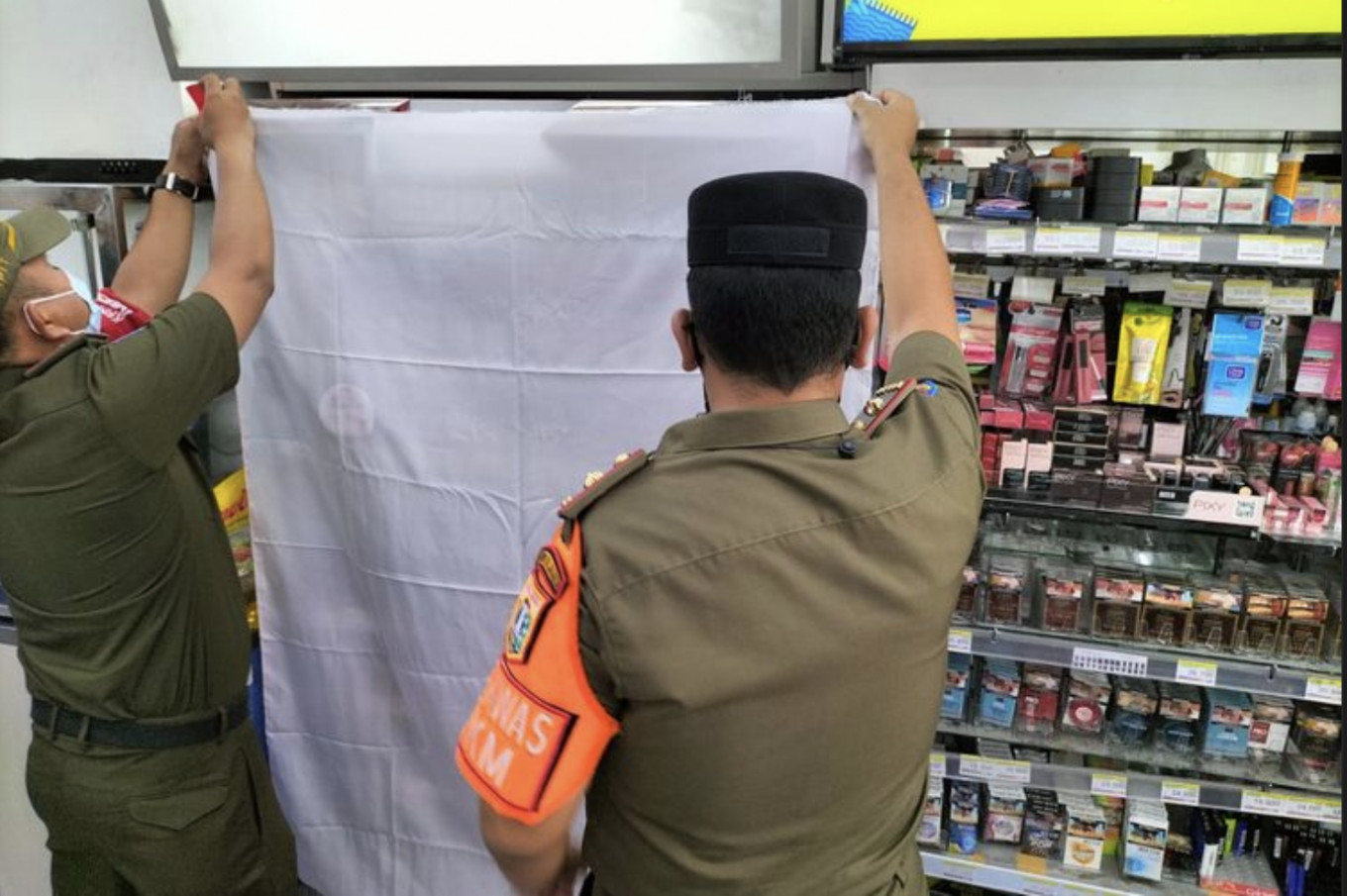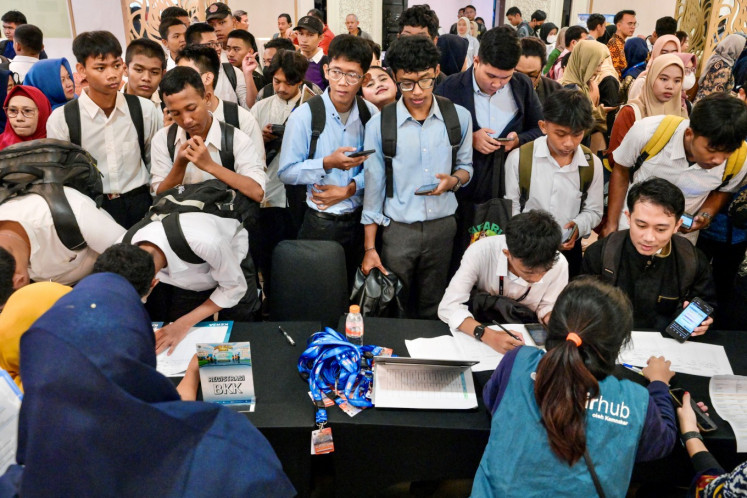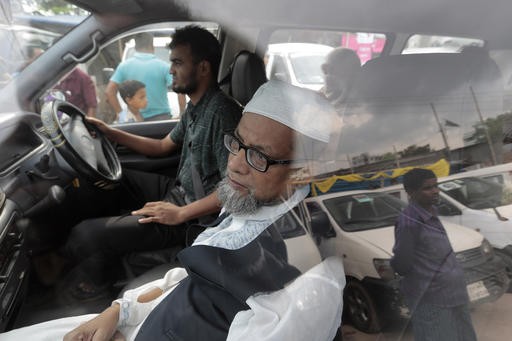Popular Reads
Top Results
Can't find what you're looking for?
View all search resultsPopular Reads
Top Results
Can't find what you're looking for?
View all search resultsProtecting our children
The future of the country depends on a healthy generation from the health hazards of nicotine.
Change text size
Gift Premium Articles
to Anyone
I
ndonesia is so notorious for its lax tobacco regulations, it has earned itself the nickname “Disneyland for Big Tobacco”. For a long time, it has refused to ratify the Framework Convention on Tobacco Control (FCTC), making it the only country in Asia to allow direct cigarette advertising.
It is no surprise then, that Indonesia is one of the biggest markets for tobacco in the world, with 33.8 percent of its population aged 15 and above being hooked on nicotine.
A 2018 Health Ministry survey found the proportion of new smokers among children aged between 10 and 18 rose to 9.1 percent from 7.1 percent in 2013. The latest surveys by Statistics Indonesia (BPS) however, have surprisingly shown that the figure stood at 3.87 percent and 3.81 percent in 2019 and 2020, respectively. Questions have been raised as to whether the results of the surveys conducted by the two institutions are comparable.
Indonesian children are still exposed to cigarette advertisements, given the lack of strict tobacco control policies on the national level. We therefore welcome Jakarta Governor Anies Baswedan’s call for the removal of cigarette ads in the city, including telling retailers to no longer display cigarette products on their shelves.
The call was based on a 2014 regional bylaw signed by then governor Joko “Jokowi” Widodo and 2015 gubernatorial regulation signed by then governor Basuki “Ahok” Tjahaja Purnama on the prohibition of cigarette ads in certain places. The regulations are meant to protect children from being exposed to the ads.
The Jakarta Public Order Agency (Satpol PP) has been taking down cigarette ads and telling minimarkets and shopping centers to hide their tobacco products since Sept. 13. The East Jakarta Satpol PP said that the municipality alone had removed at least 22 cigarette billboards from public display so far.
Anies’ move has drawn protests from the tobacco industry and retailers that are already struggling to survive a series of mobility curbs imposed by the government to control the coronavirus pandemic. They argue that the governor’s move to ban retailers from displaying cigarette products creates the impression that tobacco is an illegal commodity.
There is no question that many people rely on the tobacco industry in Indonesia, including some of the richest people in the country. But the future of the country depends on a healthy generation free from the health hazards of nicotine.
Studies have shown that tobacco addiction could jeopardize the potential demographic bonus that the country is expected to reap between 2030 and 2040. A series of policies aimed at limiting the influence of tobacco ads on children are therefore needed to ensure that the promise of this demographic bonus does not turn into a disaster.
Anies, Ahok and Jokowi may be widely seen as political rivals who take different approaches in solving many of the city’s problems, but they are at least on the same page when it comes to formulating a policy to protect children from nicotine.
This is one the of critical issues that we all should agree on.










